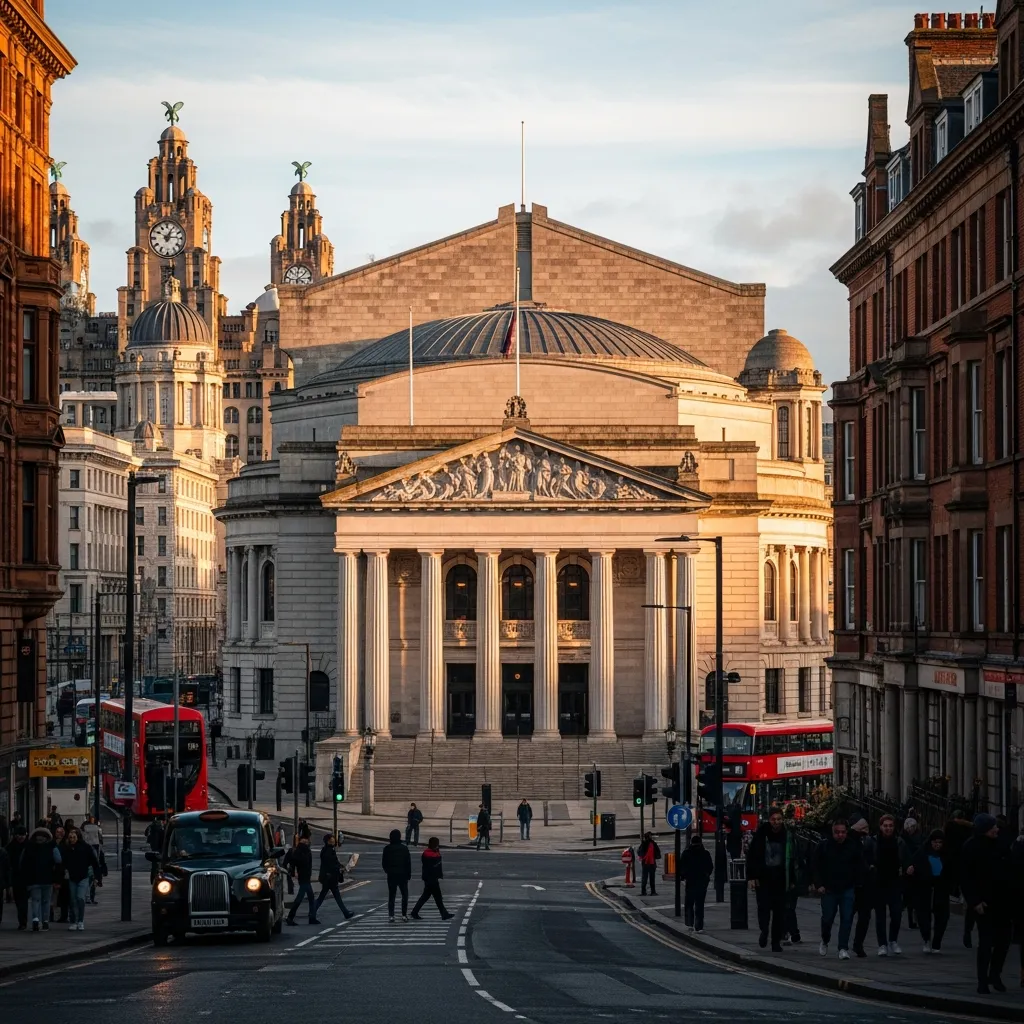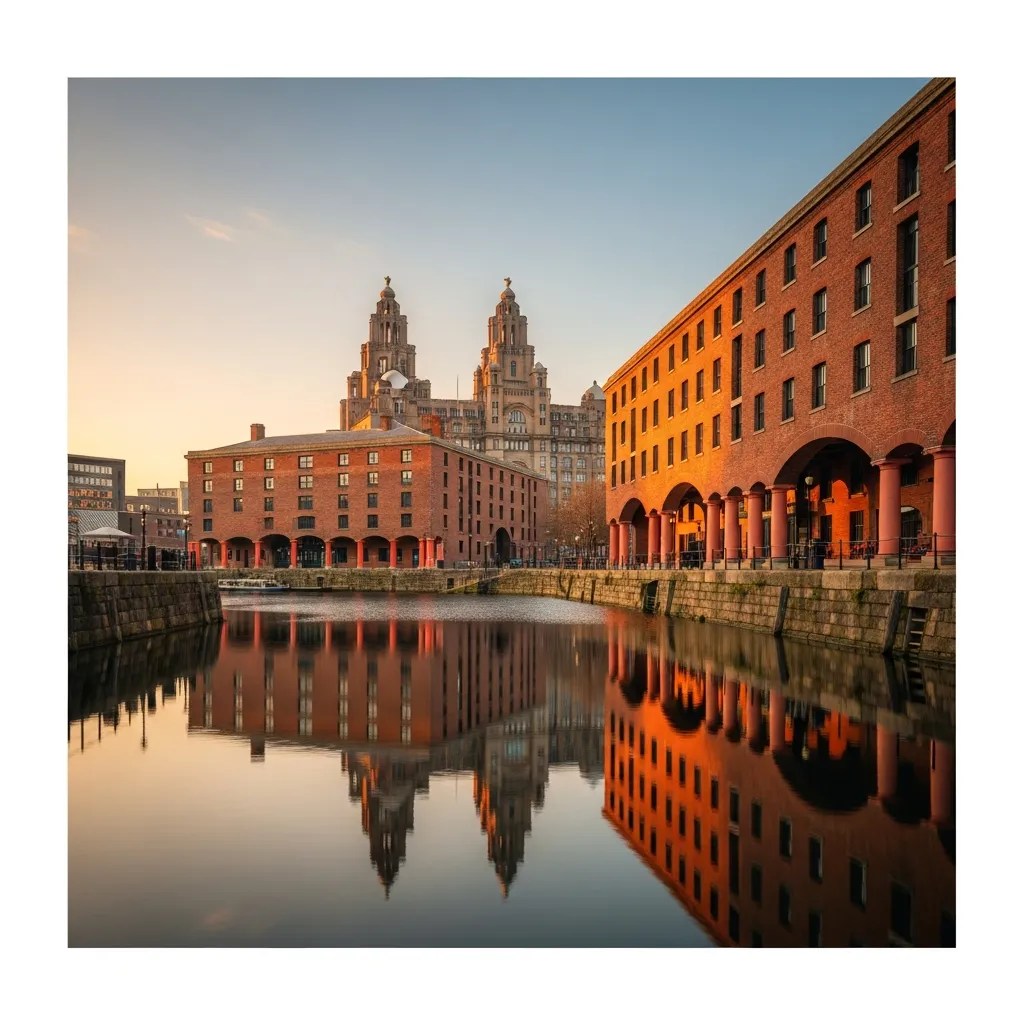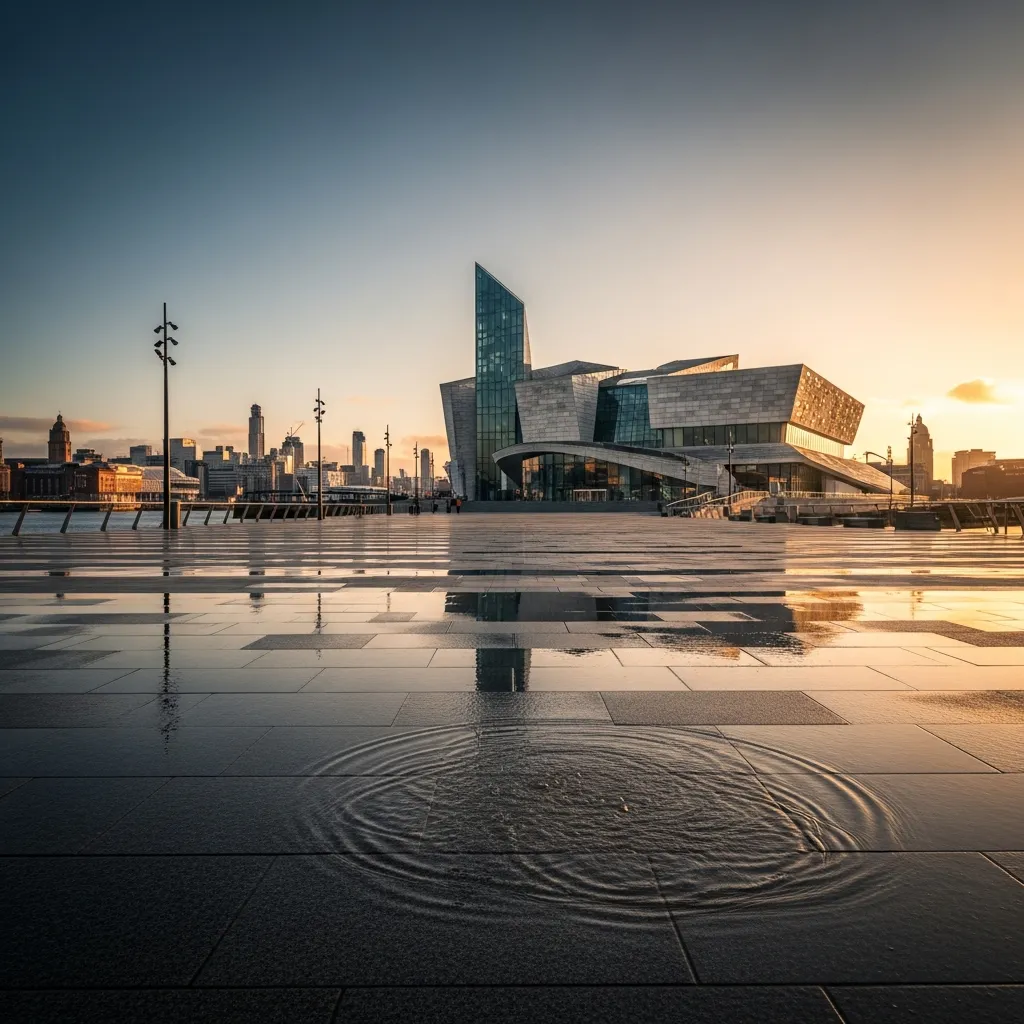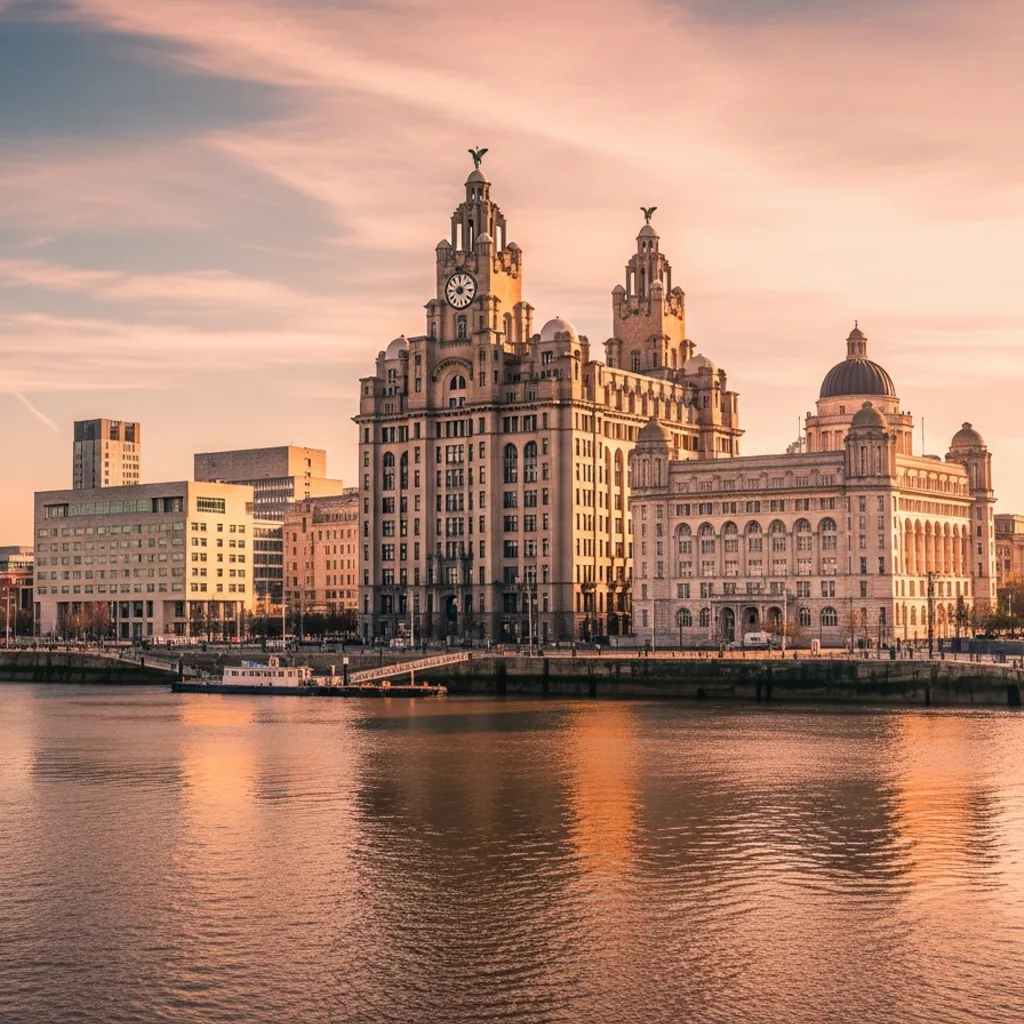Liverpool Food, Coffee and Bites
If you want reliable everyday food, head straight to the spots that locals trust. Start with classic seaside flavours, sampling best seaside chippies for a properly crisp portion, then follow the morning with specialty coffee and pastries where careful pours meet flaky pastry. These neighbourhood choices put the city’s character on a plate or in a cup, and they are easy to access between museum stops and riverside walks. Expect straightforward service, honest portions, and places that feel made for repeat visits rather than one-off splurges. Practical recommendations and clear directions make it simple to plan a day around good food without fuss.

Start with music: the Royal Liverpool Philharmonic Orchestra, founded in 1840, is the UK’s oldest continuing professional symphony orchestra.
Pubs, Ales and Local Breweries
For low key evenings and neighbourly conversation, lean into Liverpool’s beer culture. Find well kept pours and characterful rooms by seeking out heritage pubs and ales that focus on cask condition and easy company, then expand the bar map with independent breweries and taprooms where brewers pour current batches and you can try local styles. These options pair well with simple plates, and they are ideal for a relaxed night out where the emphasis is on flavour and hospitality rather than formality.

Trace the waterfront story: Royal Albert Dock forms the largest single collection of Grade I listed buildings in the UK.
Local Experiences and Short Trips
Go beyond the high street to see how people live and work here, with hands on options and easy escapes. Book hands on local experiences to learn a skill or join an artisan workshop that connects you with the city’s creative traditions, then set aside a day for scenic nearby day trips to coastal villages and countryside just a short drive away. Together these choices let you balance urban discoveries with quieter landscapes, useful whether you have a free afternoon or a full day to spare.

Plan museum time well: National Museums Liverpool is the only national museum organisation in England based wholly outside London.

